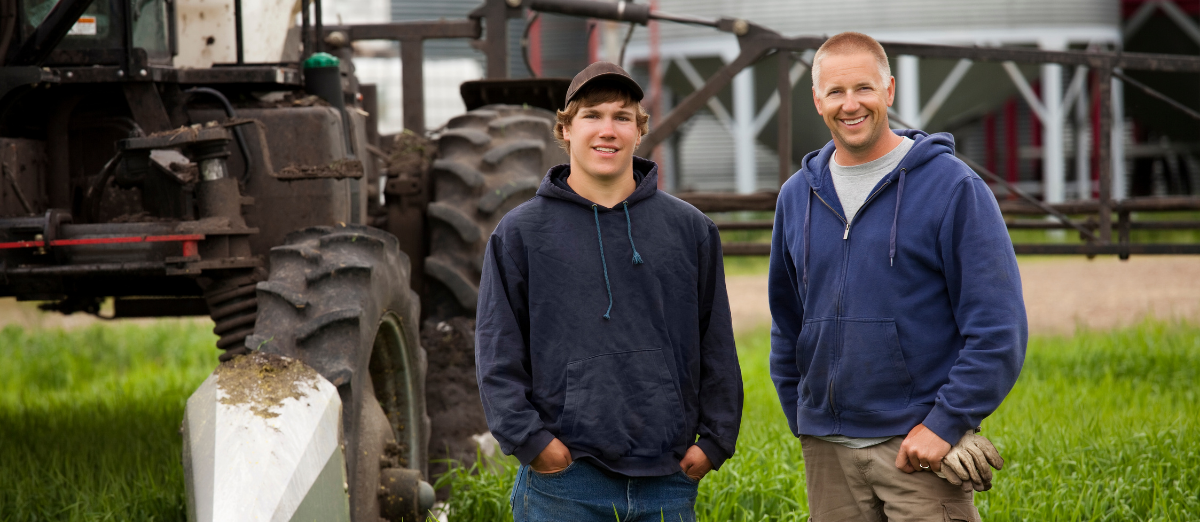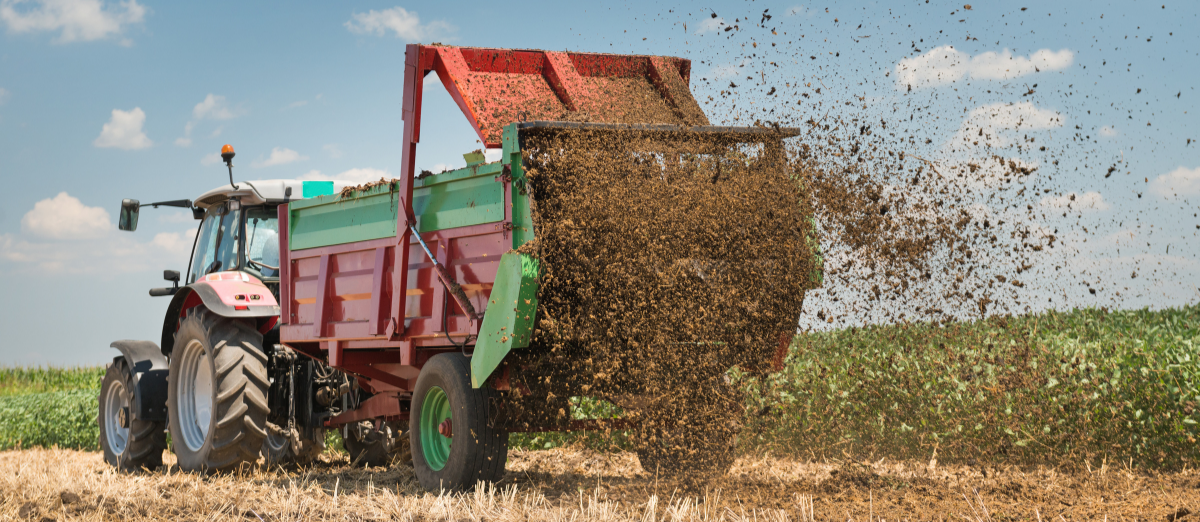Opportunity or Obligation
Author(s): Steve Isaacs
Published: November 23rd, 2021
Shareable PDF
Baby Boomers are in the process of transitioning trillions of dollars of assets to Millennials and Gen Zers. This includes farming Baby Boomers. USDA’s Farmland Ownership and Tenure survey indicates that about ten percent of farm assets transition to new owners every five years. That work further suggests that about three-fourths of those assets transition within families.
In Kentucky, here’s what this means:
- Kentucky has $48.8 billion of land and buildings (2017 Ag Census)
- 20% will transition by 2031 (TOTAL survey)
- That’s $1 billion/year
- Or, $2.7 million/day
- Or, the equivalent of a 675-acre farm (at 2021 average farmland values)
- Every day for the next ten years
So, is this an opportunity or an obligation? Clearly, for families that are interested in the continuity of farms as a viable business, it is an opportunity. For younger family members who’d like to continue the legacy, it is an opportunity. For older family members who would like to provide their successors with the resources to succeed, it is an opportunity. It is critically important, however, that the family agrees that this is the right path forward…that both generations see it as an opportunity. Otherwise, it could be an obligation that saddles successors with responsibilities they don’t want and disappoints the senior generation when things turn sour.
One of the wonderful things about the culture of agriculture is that it is a place that can combine family and business and all the joys and benefits of families growing and working together.
One of the worst things about the culture of agriculture is that it is a place that can combine family and business and all the disasters that can come with families struggling to work together.
It is indeed a paradox. Working together and seeing generations of dreams fulfilled is wonderful. Disputes and disagreements, however, can destroy generations of dreams. Working together in a family business should be because we want to, not because we have to.
We start young, and with the assumption that farm-raised kids will want to farm. We give our kids toy tractors and combines and little farmsteads with barns and cows. We dress them in bibs and caps with tractor logos. We start them working at very early ages (just like our parents did with us) to teach them that “farm work ethic.” But, how often do we say, “I want to teach them how to manage this business”? We get them engaged with crops and livestock, 4-H and FFA. And, all of these things are great…until they’re not.
Assuming someone is going to do something, especially within families, can place an implicit (or sometimes explicit) burden on kids and parents. Ag tends to not let go lightly. Leaving “home” is a bad thing. Cutting losses and trying something else is viewed as a failure. A school teacher who decides to go to law school is changing careers. A lawyer who decides to be a forest ranger is changing careers. But, a farmer who decides to do something else is often labeled as a failed farmer, or as failing the family by not carrying on the family legacy. We tend to obligate people to stay in farming. If they want to, great. If they don’t want to, let’s give them permission to try something else.
Where does this fit in the transition/succession planning process? AT THE BEGINNING, and the earlier, the better! This is too important a decision to put off. Or worse, to pass on to the successors without a plan.
Family discussions about passing the business to the next generation should start with, “do you want to farm?” and “do I want you to farm?” When these discussions start (and starting the discussion is another important topic) there is an assumption that everyone knows the “why” and we tend to focus on the “how.” Answer the “why” first by considering whether this is an opportunity or an obligation. The only wrong answer is not asking the question.
For this article I’d like to acknowledge the contributions of Kevin Ferguson, University of Tennessee Extension Area Specialist in Farm Management and MANAGE Program Coordinator. Our 35-year collaboration is such that I can’t tell what’s mine, his, or ours.
Recommended Citation Format:
Isaacs, S. "Opportunity or Obligation." Economic and Policy Update (21):11, Department of Agricultural Economics, University of Kentucky, November 23rd, 2021.
Author(s) Contact Information:
Steve Isaacs | Extension Professor | sisaacs@uky.edu
Recent Extension Articles
Building a Farm Balance Sheet
November 23rd, 2021
As December 31 approaches, producers should work towards developing a quality balance sheet. Doing so is critical to measure business growth year over year, liquidity, solvency, and borrowing power. It is best to complete the balance sheet at the same time each year. For most cash-basis taxpayers, such as farmers, December 31 is a great post-harvest time for completion.
Economic Value of Applying Broiler Litter in the Fall | 2021
November 23rd, 2021
Spring application of broiler litter is ideal for maximizing the economic value but faces challenges that include wet soil conditions, lack of time to spread litter near planting, and availability of litter in the spring. Litter applied in the fall to fallow cropland will suffer from ammonium volatilization and leaching resulting in little to no nitrogen available to the crop come spring. This results in an economic value less than if applied in the spring.




